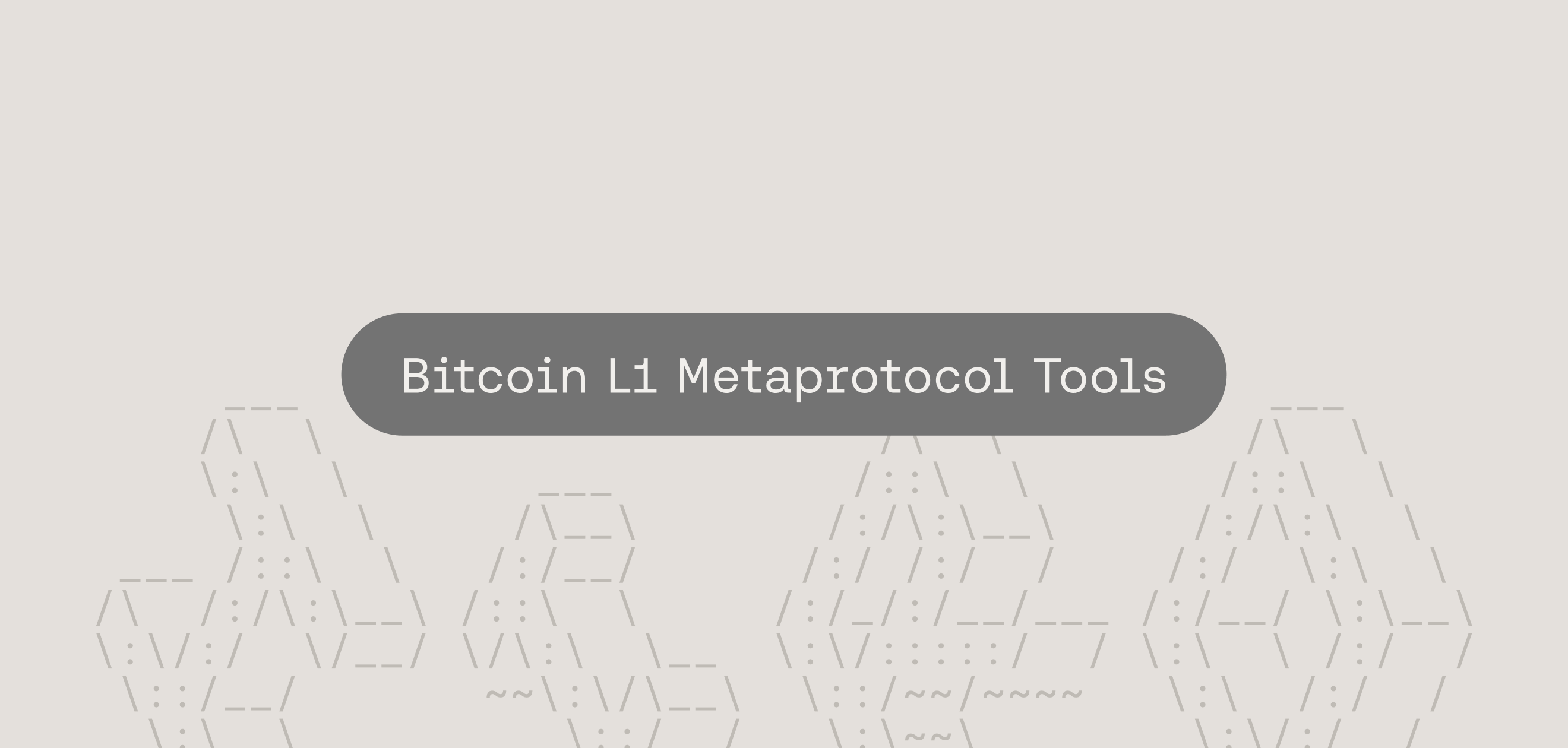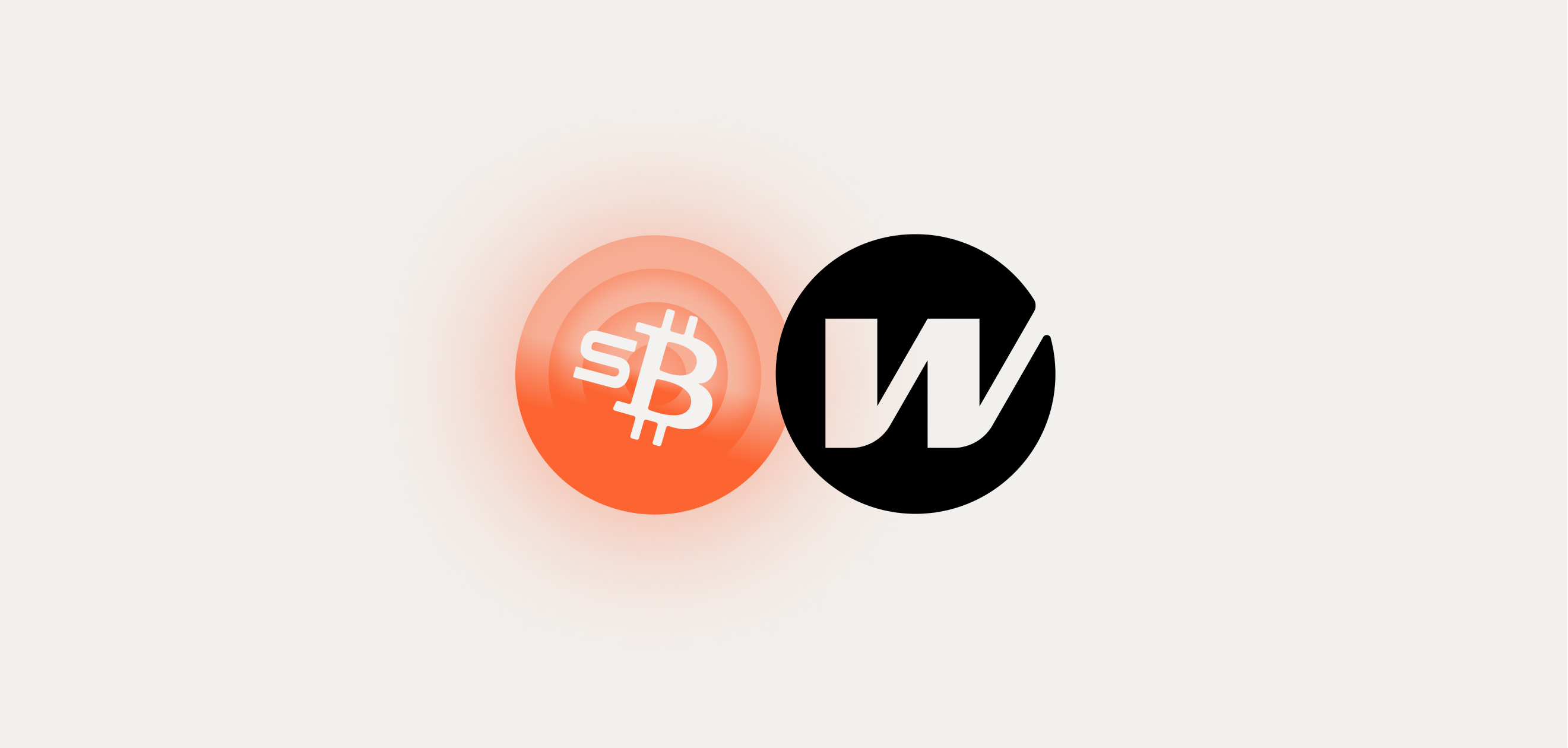For developers who want to build DAOs, some other blockchains might be top of mind. However, the Bitcoin ecosystem has the cultural resonance, technological capability, and thriving community for the emergence of new DAO projects that will reshape how we run businesses, organizations, and governments. At a fundamental level, DAOs will reshape how people organize together.
DAOs Are a Natively Digital Way of Organizing People
The World Economic Forum defines a DAO as “a digital hub where individuals can combine to make purchases and share ownership.” Another simpler definition is that a DAO is “a group chat with a [shared] bank account.”
Different people will describe a DAO in different ways, but there are core traits that these definitions share.
- Collective Ownership: DAOs facilitate collective ownership of shared assets in the DAO treasury through governance tokens, onchain votes, multisig wallets, or other methods.
- Collective Decision-Making: DAOs are generally managed through a democratic decision-making process that enables the members to vote on the actions of the DAO and how the treasury should be deployed.
At its simplest, a DAO is a collective of people united around a specific goal or mission, and the terms of that collective are defined and enforced by smart contracts. So what does that mean in practice?
A DAO is a collective of people united around a specific goal or mission, and the terms of that collective are defined and enforced by smart contracts.
DAOs have birthed a new wave of innovation, and we've seen DAOs applied to all kinds of use cases. For instance, there are investment DAOs like The LAO that pool funds and vote on investments, NFT collector DAOs like pleasrDAO, and other use cases altogether, such as MakerDAO, which models how blockchain protocols can be owned and managed by tokenholders.
DAOs are an emerging sector within the cryptocurrency industry, but we are still in the early days. For context, as of April 18th, only about $10.9 billion is locked in the treasury of DAOs compared to a TVL of $207 billion in DeFi. So far, there are more than 2.1 million governance token holders, and only over half a million people are actively involved in DAOs by voting and making proposals. If you compare the current number of governance token holders to the 300 million people who hold crypto worldwide, it’s clear we haven’t begun to scratch the surface of the growth potential in DAOs.
4 Reasons New DAO Projects Should Consider Bitcoin
If you believe in a multi-chain world, it feels inevitable that DAOs will be built on the oldest and largest blockchain. Bitcoin remains the biggest cryptocurrency by market cap; its valuation accounts for nearly half of what the entire crypto industry is worth. But beyond its market-leader status and early-mover advantage, the Bitcoin ecosystem has both the cultural relevance and the technical capacity to be a fitting home to DAOs.
If you believe in a multi-chain world, it feels inevitable that DAOs will be built on the oldest and largest blockchain.
Cultural Resonance
DAOs are expressions of self-determination that would feel right at home within the Bitcoin ecosystem. Bitcoin, at its core, preserves the economic sovereignty of the individual because it is a form of money that exists outside the control of governments and banks.
Bitcoin’s earliest history can be traced to the cypherpunk movement, with its fundamental belief that centralized authorities risk becoming corrupt; therefore, the sovereignty of the individual must be preserved.
In fact, there is a good amount of overlap between DAOs and Bitcoin. As far back as 2014, Vitalik Buterin described Bitcoin as a sort of grandfather to DAOs, noting that “Bitcoin is an interesting case here. In general, it seems to be much closer to a DAO than a DO.”
Bitcoin is built on the premise that money should not be controlled by a single party. DAOs take that premise and apply it to communities: organizations should be collectively owned and managed by their members. DAOs encode how a community is organized and managed to prevent dictators or a few parties controlling the direction of the collective. There is a risk today that DAOs just become another form of plutocracy, where the power of a user’s vote in the DAO is determined by their financial stake in that DAO, but we are still in the early days and those issues may be worked out in time.
Bitcoin is built on the premise that money should not be controlled by a single party. DAOs take that premise and apply it to communities: organizations should be collectively owned and managed by their members.
A Large Thriving Community
Bitcoin has a large community of early adopters from around the world, and there’s a lot of money sitting idle in Bitcoin. Bring the money and the community together with common goals, and you’ll have fertile ground for Bitcoin DAOs to sprout and thrive.
Around nine in 10 Americans have heard about Bitcoin. There are 16.5 million monthly active Bitcoin addresses, and more than 40 million people own at least one Satoshi (0.00000001 Bitcoin).
The Bitcoin ecosystem also has some of the oldest and most mission-driven crypto communities. For context, Bitcoin Talk was founded in 2009, is home to more than two million members, and is actively being managed in 20 languages; the subreddit r/Bitcoin was founded in 2010 and is home to more than four million members.
Now, Bitcoin doesn’t merely have large and passionate communities; its communities are also deeply financially invested. There’s so much money in Bitcoin that can be deployed through DAOs. Many, if not all, DAOs have a treasury component, and DAOs could help Bitcoin to be used productively—only about $13 billion BTC is at work today, relative to a market cap of about $750 billion. Now that’s a large potential treasury that any DAO would consider appealing.
Enabling Technology
The backbone of a DAO is its smart contracts, which define the rules of the organization and hold the group’s treasury. Some years back, it would have been hard to organize DAOs around Bitcoin because Bitcoin has a limited scripting language. That limited scripting language is an intended design choice that prioritizes Bitcoin’s security over the flexibility that smart contracts provided.
But now, new projects on Bitcoin are enabling different use cases like DAOs to thrive and flourish on Bitcoin. In particular, Stacks enables fully expressive smart contracts for Bitcoin, and the programmability of smart contracts means you can now build for the Bitcoin ecosystem. Developers can now leverage the smart contract capability from Stacks to build DAOs and other decentralized applications for Bitcoin.
At Hiro, we support developers with developer tooling and resources to help you build for Bitcoin. Be sure to check out our guide to the tech stack for Web3 if you would like to explore what it’s like to build decentralized applications on an open internet.
Secure Programming Language
Clarity, the smart contact language for creating DAOs for Bitcoin (among other things), is optimized for security and makes certain design choices that limit the occurrence of common vulnerabilities that are found in other programming languages.
DAOs have always been the target of hacks because their treasuries hold a lot of money. The first DAO, “The DAO,” built on Ethereum failed because an attacker exploited a vulnerability in its smart contract to steal 3.6 million ETH. In 2021, hackers exploited vulnerabilities in BadgerDAO to steal $120 million worth of assets.
As DAOs grow in popularity and adoption, their treasuries will be increasingly attractive to motivated criminals looking for a big payday. This is why the smart contracts of DAOs must be written in a programming language with lower surface areas for attacks.
Another important design choice is that Clarity is an interpreted programming language rather than a compiled one. Being interpreted means the code is human readable, and by design the source code for every smart contract written in Clarity is made available on the blockchain.
In essence, every member of the DAO can look at the code and audit it, making sure that the DAO will act as it says it will, by referring directly to the code itself. The interpreted nature of Clarity smart contracts used in building your DAO creates more trust.
Get Started With Your Bitcoin DAO Through Stacks
DAOs provide a natively decentralized and democratized way for people to organize around specific objectives.
If you want to build a Bitcoin DAO, you are in good company. In fact, other developers are already creating tools to make launching a Bitcoin DAO easier, including StackerDAO Labs (a no-code DAO generation and management platform), Console (an upcoming app from Trust Machines), MultiSafe (a STX multisig treasury), and more. Want to join them?
Kickstart your Web3 development journey with our free guide to developing smart contracts.







